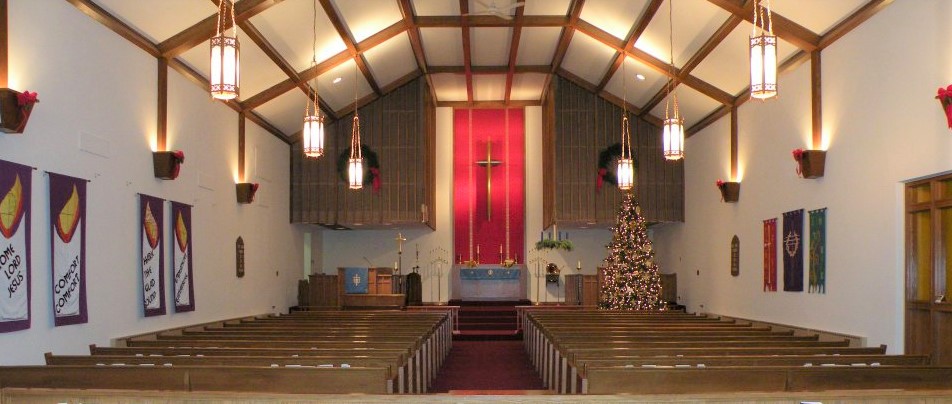12 13 20 Sermon
can wish for the good old days. He wants them to remember God’s faithfulness so that they
will be confident that God will act again on their behalf.
John is not a witness to what Jesus has done, because Jesus hasn’t done anything yet.
John is a witness to the faithfulness of God who, throughout history, showed steadfast love to a
people who themselves were not always so faithful. John’s testimony is not to past events but to
future hope—hope in what God will do because of what God has always done. John isn’t
acting as an eyewitness to something he personally has seen, but hope that is seen isn’t hope;
for who hopes for what they can already see? John assures the people that they still have hope
because the One in whom they hope has never failed them.
Our season of Advent is a season of hope, of waiting and watching, of preparation and
expectation. But we do more in Advent than prepare for the season of Christmas, which by its
nature focuses on events that happened in the past. Our Christmas celebrations turn our gaze
backwards: we decorate the tree with decades-old ornaments that evoke memories from our
past; we make recipes that were handed down from prior generations; we sing carols that are so
familiar we know the words by heart; in some instances, we literally return to our childhood
homes. And within the church, our scriptures and liturgies invite us to adore an infant Jesus
whose birth occurred two millennia ago. And all of that is good and right and proper.
But this year, when some of our Christmas traditions are unavailable to us, we are still
called to Advent hope. Because we are not only waiting to celebrate what has happened in the
past, we are watching for what God is going to do with our future. Like John, we are called to
be witnesses of hope for what we have yet to see, because we already have seen the great and
glorious things God has done for God’s people all throughout history. In Advent, we aren’t just
waiting to remember God coming to us in a stable in Bethlehem; we’re waiting to see how the
God who showed up there will show up here. Christmas may come at the end of Advent, but it
is not an ending; it’s just the beginning.
If, in this season, especially this year, it feels harder than it usually does to be the light,
we can remember that John the Baptist, who was important enough to make the gospel reading
two Sundays in a row, was himself not the light but a witness to testify to the light. That’s our
job, too: not to be more or do more or even to see more light in these dark days, but to share the
hope that the light is coming, that God who has always been faithful still comes to us, that the
God who has always kept promises will continue to redeem and restore us. The Lord has done
great things for us, and will do so again.

